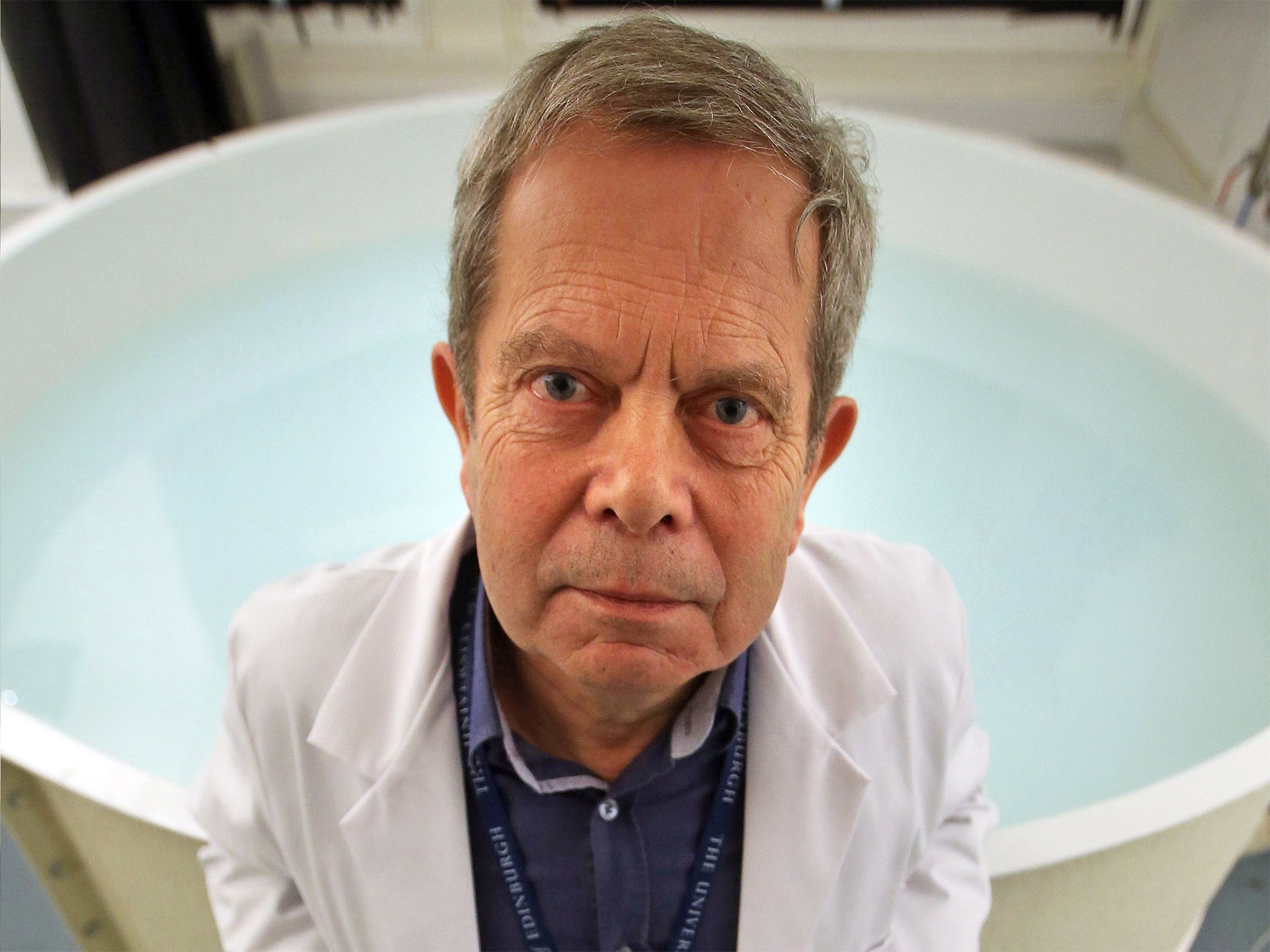The Brain Prize: British scientists win 'Nobel Prize of neuroscience' for unlocking secrets of memory
The three researchers will share the £780,000 prize for solving a mystery that had baffled scientists for nearly 100 years

Three British professors have won “the Nobel Prize of neuroscience” for discovering the secrets of how memories are formed in the brain.
The victory of Tim Bliss, Graham Collingridge and Richard Morris marks the first time that the Grete Lundbeck European Brain Research Prize – “The Brain Prize” – has had an all-British winners list.
The three researchers will share the €1m (£780,000) prize for solving a mystery that had baffled scientists for nearly 100 years.
“Memory is such an integral part of who we are that not having a mechanism was an affront to science,” said Professor Bliss, 75, of the Francis Crick Institute in London.
“Ever since about 1900, when it was discovered that there were junctions between nerve cells, the assumption had been that the only way for information to be stored in the brain was for the strength of the connection between nerve cells to be changed somehow. The problem was: where were these synapses [nerve connections] whose strength could be permanently changed?”
Given that the human brain consists of roughly 100 billion neurons (nerve cells), each with about 5,000 synapses, adding up to a total of something like 500 trillion synapses per brain, the search was unlikely to be straightforward.
Professor Bliss made the first breakthrough with his Norwegian colleague, Terje Lomo. Experimenting on rabbits, they were able to identify a set of synapses in the hippocampus – a brain region vital to memory – that could be permanently strengthened when given the right kind of electrical stimulation.
In 1973 they published the first descriptions of what became known as long-term potentiation (LTP), the process underpinning the brain’s inherent “plasticity” – its ability to reorganise itself in response to experience.
Professor Collingridge, 61, who spent most of his career at Bristol University, then found NMDA receptors, the proteins that had to be activated to start the process of LTP.
Finally, Professor Morris proved the importance of LTP to animals’ ability to learn and remember. By treating rats with a special drug that blocked the normal LTP process, he showed that without LTP animals were incapable of learning to navigate their way round a maze.
Professor Morris, 67, of Edinburgh University, said that although the trio’s work could not prevent the development of Alzheimer’s disease, it might lead to the creation of drugs that could alleviate memory loss during the very early stages of the illness.
“We now have sufficient understanding to look very seriously at ways in which we might be able to improve memory or alleviate some of the memory problems that happen in the early stages of neurodegenerative diseases,” he said.
Although the three never conducted experiments together, Professor Bliss said winning the prize was “particularly pleasing, not only because it recognises the strength of UK neuroscience, but also because I am sharing it with two old friends”. Asked how he would spend his prize money, he said: “I think I am going to buy an electric car with some of it – as for the rest, I haven’t the slightest idea.”
Join our commenting forum
Join thought-provoking conversations, follow other Independent readers and see their replies
Comments
Bookmark popover
Removed from bookmarks